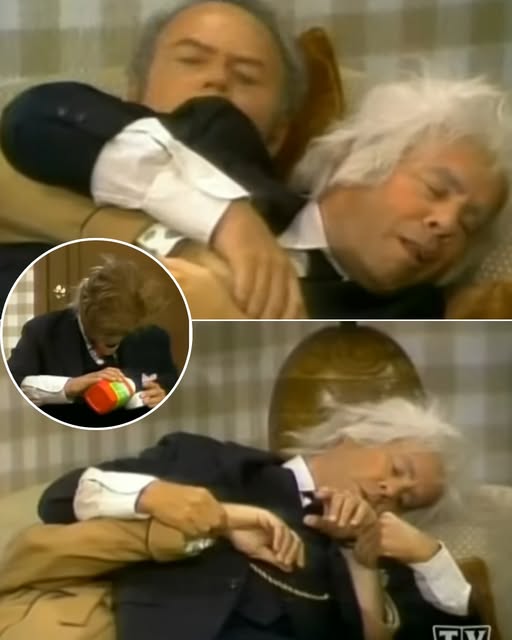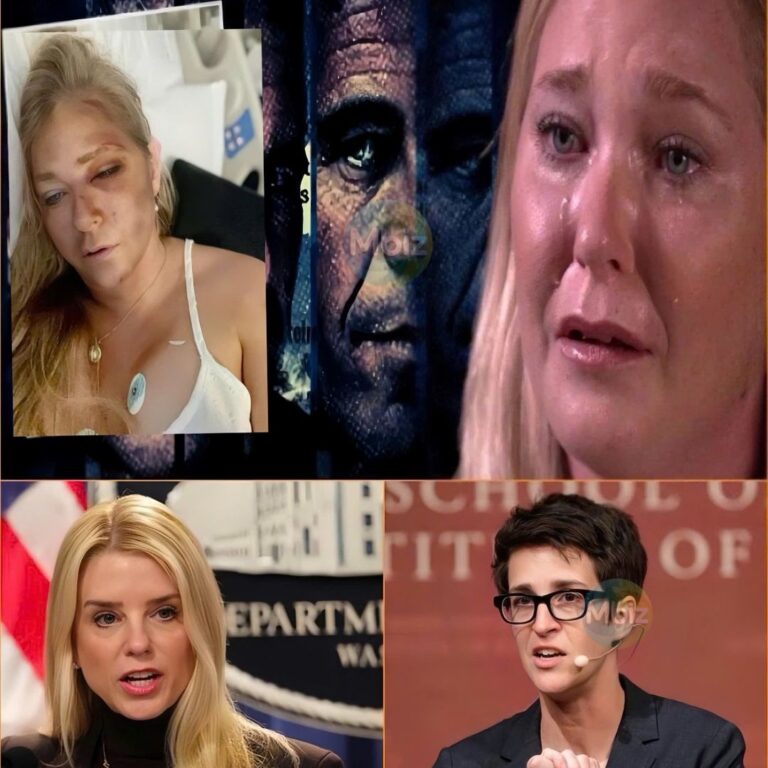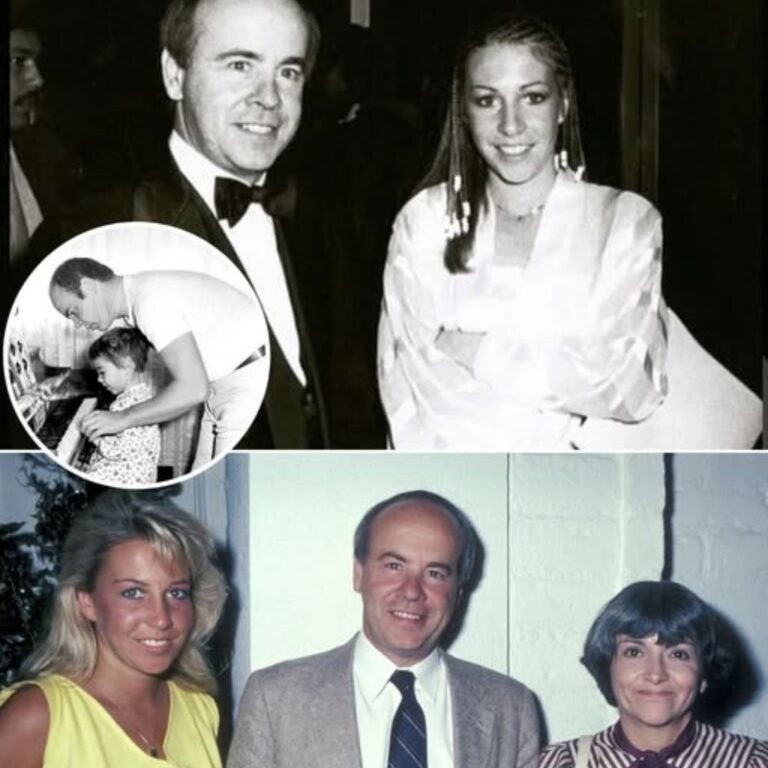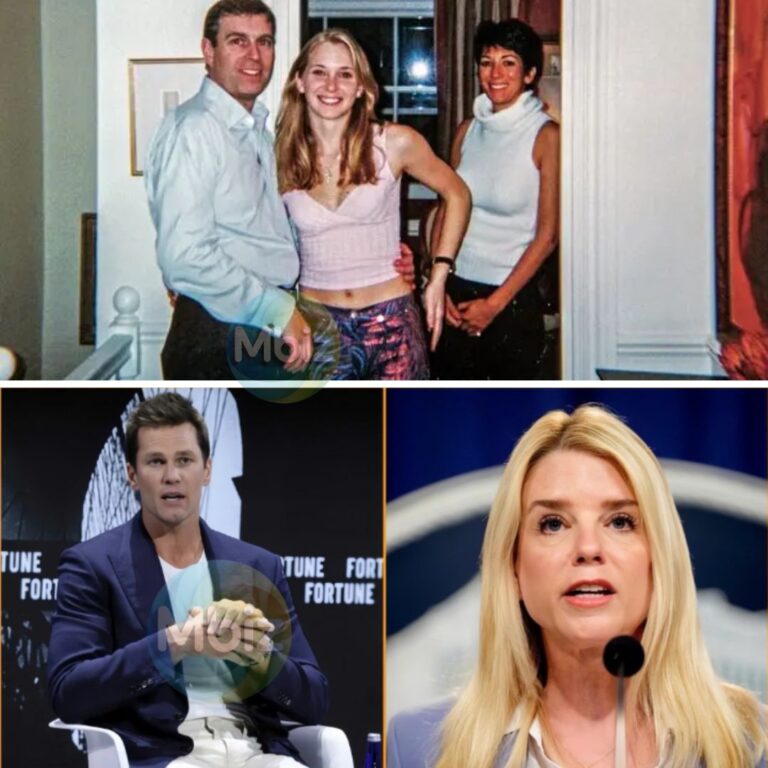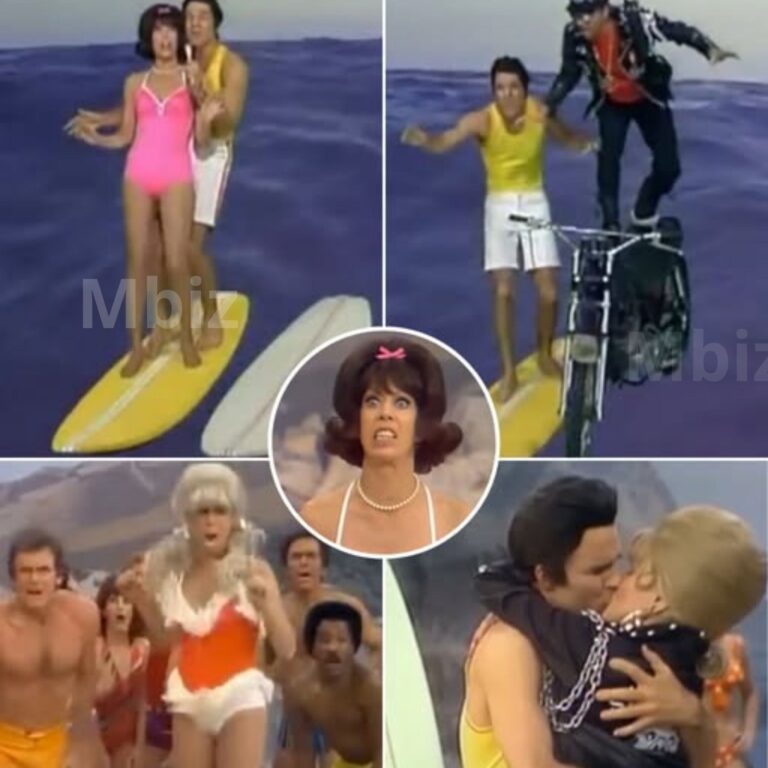For decades, the world saw Dick Van Dyke as the epitome of charm: nimble-footed in Mary Poppins, effortlessly witty in The Dick Van Dyke Show. But on that reassuming November 14th, 1974 episode of The Dick Cavett Show, six-time Emmy winner Van Dyke peeled back the artifice and walked into the frame with something few of his fans expected: vulnerability.
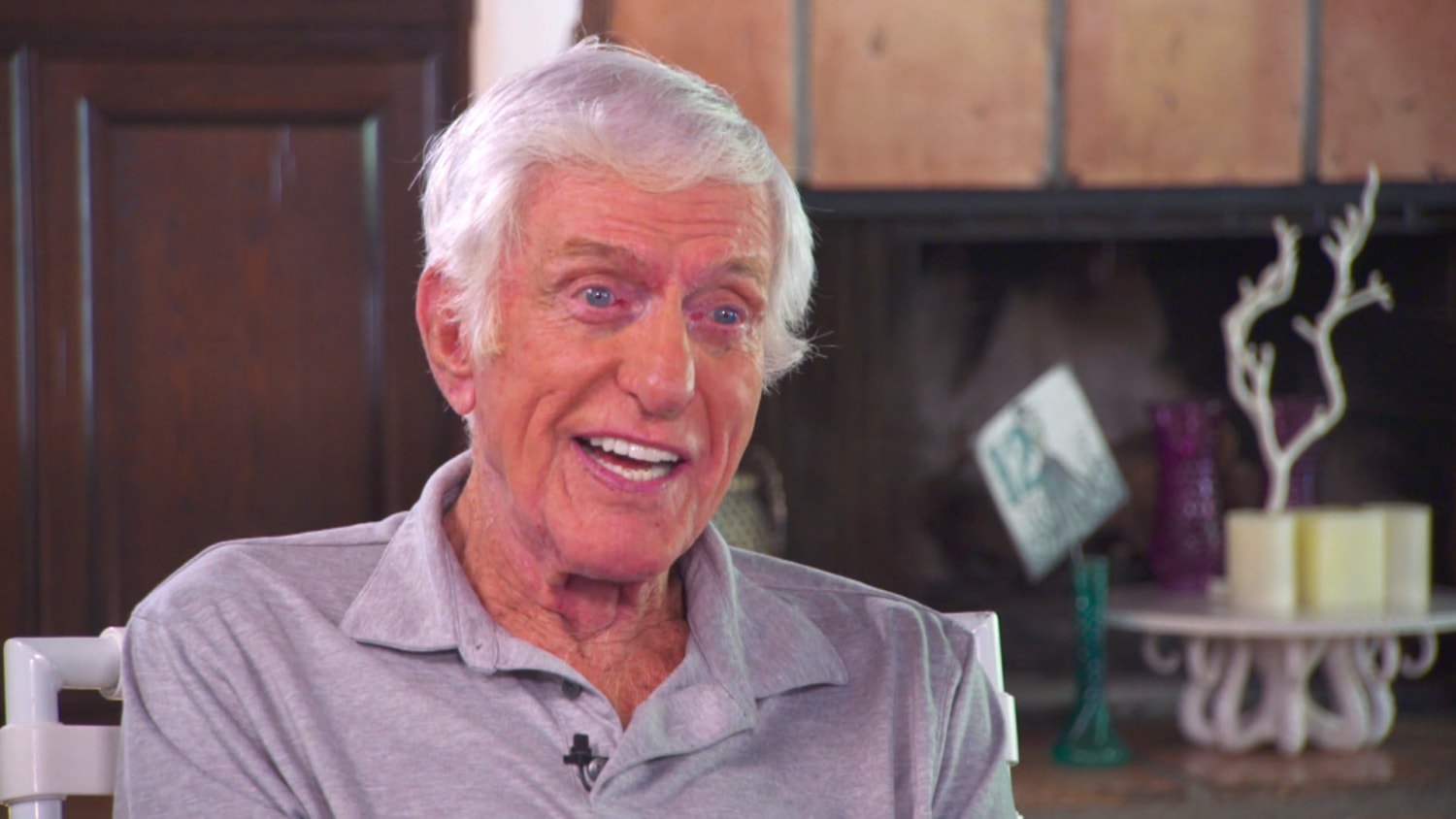
He spoke quietly but firmly about a part of his life that ran parallel to his public success — a descent into alcoholism, triggered not by fame but by the subtle pressures of perfectionism and the easy companionship of the wrong crowd. “I don’t know what started it… hanging out with the wrong crowd, I think,” he admitted. For someone whose career was built on laughter, the admission felt like a seismic shift.
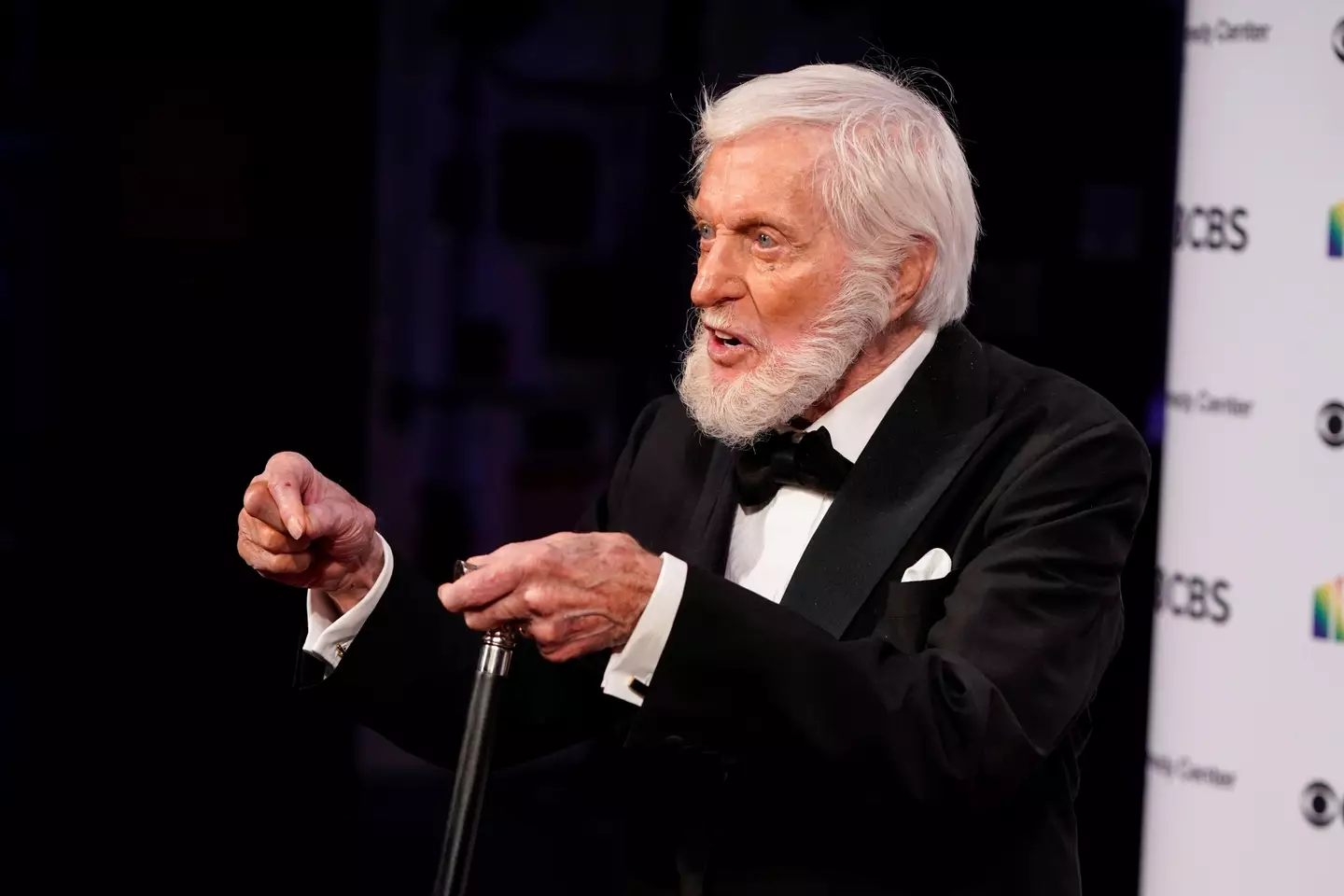
What makes this interview unforgettable isn’t just the confession — it’s the context. At that moment, Van Dyke was still widely seen as the clean-cut, affable funnyman. His revelation cracked the veneer and offered a glimpse of the man who had spent years smiling for cameras even while silently battling a disease many refused to name. “There are a lot of people dying from alcoholism because the rest of us are enabling them… it’s not a character defect,” he said.
He revealed that his tipping point came in 1972, after a three-week hospitalization. From that point on, he made a commitment not only to sobriety but to speaking about it — at a time when admitting addiction could end a career. His subsequent role in the 1974 TV film The Morning After mirrored his real life so closely that many say it was an act of courageous self-exposure.

Today, in his late 90s, Van Dyke still carries that story with grace. He credits his wife Arlene Silver, his daily workouts, and his refusal to let age define him. But perhaps most importantly, he remains a symbol of the fact that even the brightest stars can fight shadows. He turned his battle into a lesson: laughter can heal, but only if you first let yourself feel the pain.
So when you press play on that clip of him speaking his truth, remember this: it’s more than an interview. It’s a bridge from the laughter you loved to the story you didn’t know you were missing. And in that bridge, Van Dyke became more than a comic legend — he became a human one.

